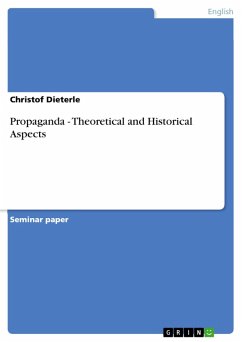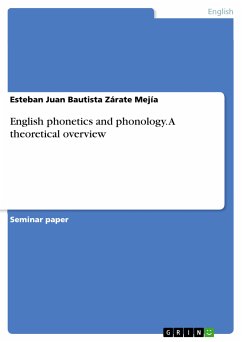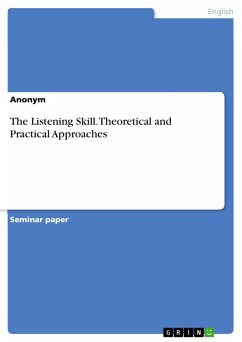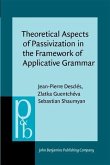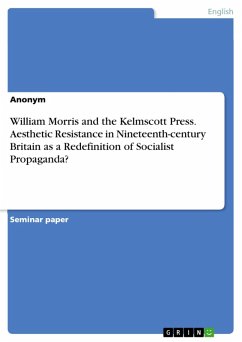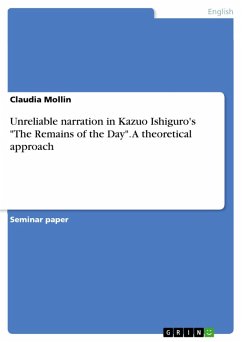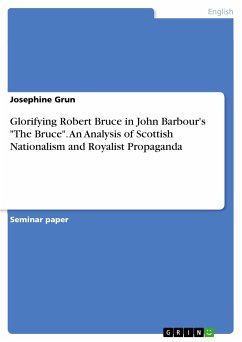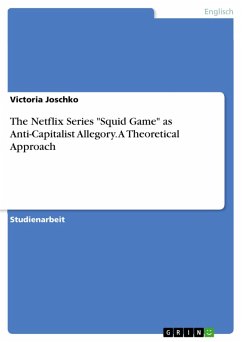Seminar paper from the year 2003 in the subject English Language and Literature Studies - Linguistics, grade: 1 (A), University of Kassel (Anglistics), course: History of the Media, language: English, abstract: Propaganda is as old as mankind. People have tried to influence others to achieve certain goals or objectives throughout the ages. What makes propaganda so interesting nowadays, and of special interest for my research paper, is its combination with modern mass media. Using the manifold possibilities offered by the various technologies it is easy to establish a direct channel of communication to every place in the world in not more than a second. And, if you have a channel you can convey your ideas to others and thus gain a huge amount of influence on other people. In times of extensive media coverage, for example of wars, I found it a very interesting, and sometimes disturbing, task to make an introductory analysis of the basic concepts of propaganda illustrated by historical events. In the first chapter of my paper I will give a rather general definition of the term propaganda and introduce two major models of how propaganda can be conveyed. In the last part of the first chapter I will draw a distinguishing line between propaganda and persuasion. The second chapter consists of a historical overview on propaganda, divided in the periods of the Reformation, the French Revolution including Napoleon and the Second World War with a short paragraph on Adolf Hitler as a constructed leader figure. Analysing the ways propaganda works is one main objective of this paper so the third chapter gives some background on techniques of propaganda analysis followed by the next chapter where I apply these theories to the example of the Gulf War in 1991. The last chapter consists of a short summary and some conclusions.
Dieser Download kann aus rechtlichen Gründen nur mit Rechnungsadresse in A, B, BG, CY, CZ, D, DK, EW, E, FIN, F, GR, HR, H, IRL, I, LT, L, LR, M, NL, PL, P, R, S, SLO, SK ausgeliefert werden.

